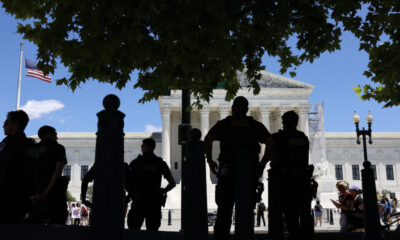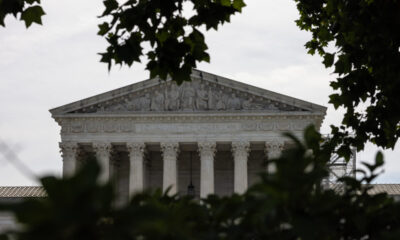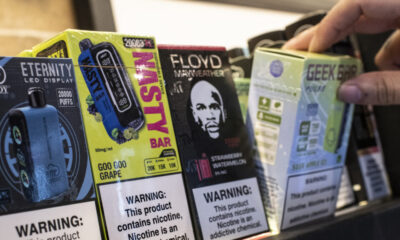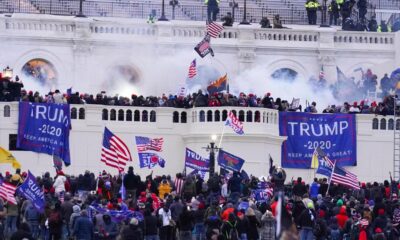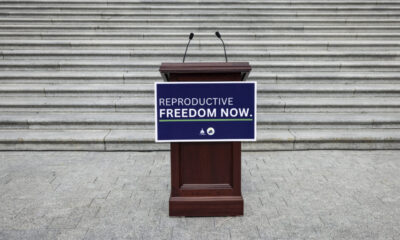Health
The Supreme Court’s ruling in Chevron limits U.S. emergency aid
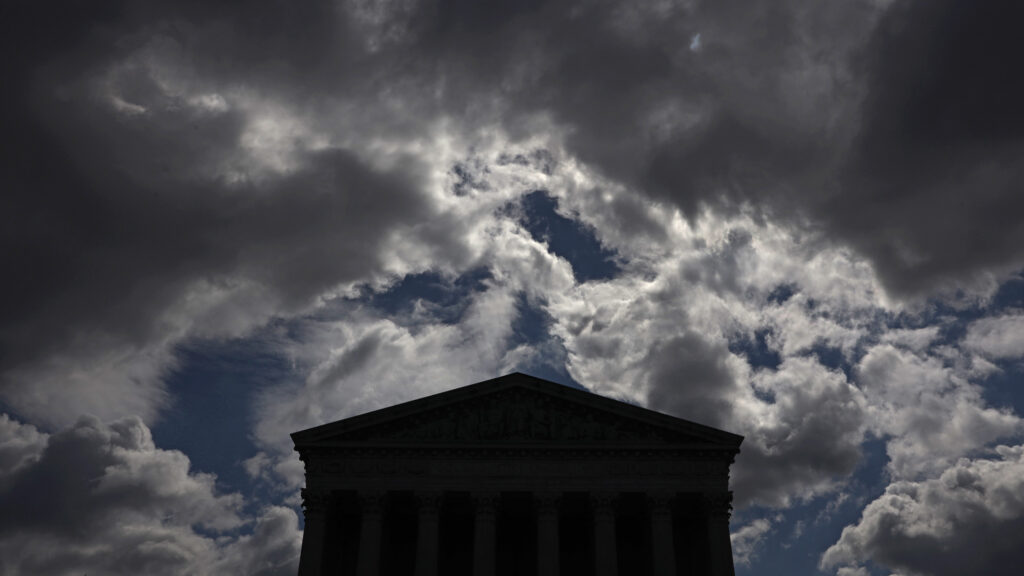
WASHINGTON — The U.S. response to the Covid-19 pandemic became politically messy. A Supreme Court ruling on Friday could further frustrate the government’s responses to public health emergencies.
The Supreme Court struck down a longstanding legal doctrine that directed judges to defer to reasonable interpretations of ambiguous or technically challenging aspects of the law by federal agencies. The loss of the so-called Chevron Doctrine casts doubt on each federal agency’s interpretation of a statute, so the ruling has regulatory implications for all federal agencies.
However, the government’s ability to respond to public health emergencies is particularly fragile. When public health emergencies are declared, the government is given broad discretion to act without first undertaking the lengthy regulatory process.
During the pandemic, temporary rules were put in place to let people stay on Medicaid each year without proving they were still eligible. The government provided payments to hospitals struggling with a surge of patients and made telehealth regulations flexible so people could easily make doctor visits from home. Even some vaccination permits were linked to the country’s formal declaration of a “public health emergency.”
“I think [the power to declare emergencies] is safer,” said Alex McCourt, an assistant professor at the Johns Hopkins Bloomberg School of Public Health. “What is less safe are the individual actions and even temporary rules or permanent rules, final rules that are put in place.”
Chevron has been at issue in several federal cases involving various emergency laws, said Erica White, a fellow at Arizona State University’s Sandra Day O’Connor College of Law. The lawsuits include challenges to product liability protections, federal funds given to states for Covid-19 relief programs, immigration handling and jurisdictional issues, White said.
There were other cases where Chevron was not discussed but involved agencies that legally justified rules that were very broad, she said. These include mask requirements for travel, vaccination or testing requirements for large employers and an eviction moratorium. Most of these were crushed even while the Chevron Doctrine was still in effect.
“Without Chevron, agencies might be reluctant to act, even during an emergency, because their actions could be questioned and they would no longer be able to cite Chevron in defense of their policy choices,” White said.

